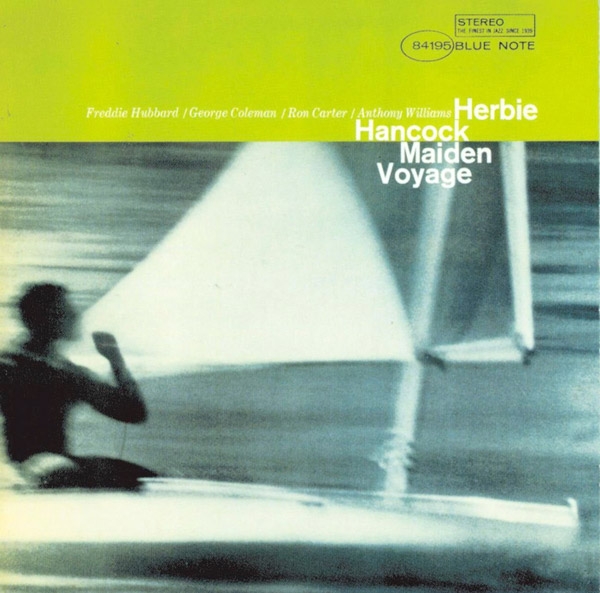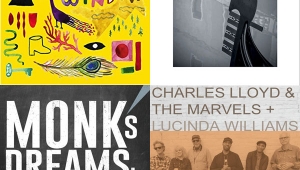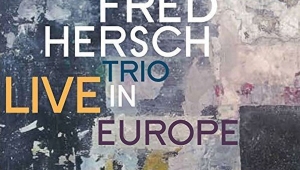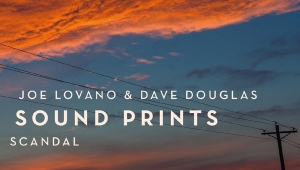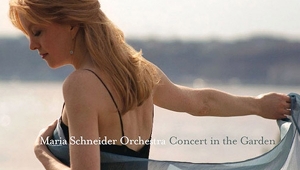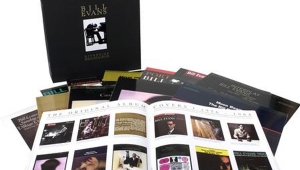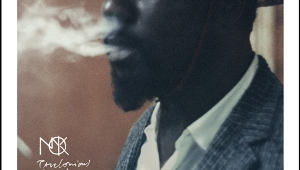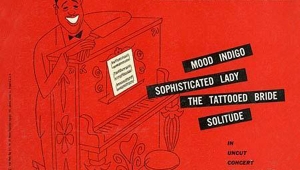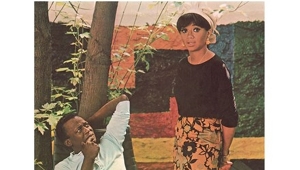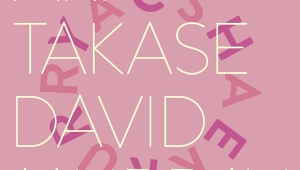| Columns Retired Columns & Blogs |
Thank you for this great writeup of this album. I posted a pic of Tony's obit on the FB page that had this link.
As an ex-drummer drummer who was very serious about it, I was shocked when Tony died. It still nauseates me to read about his ROUTINE operation in the obit. I scanned/saved it a long time ago. Many modern Jazz drummers in their 20’s-50’s owe their style to Tony, and are not afraid to say so.
